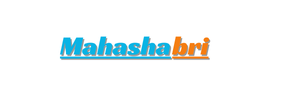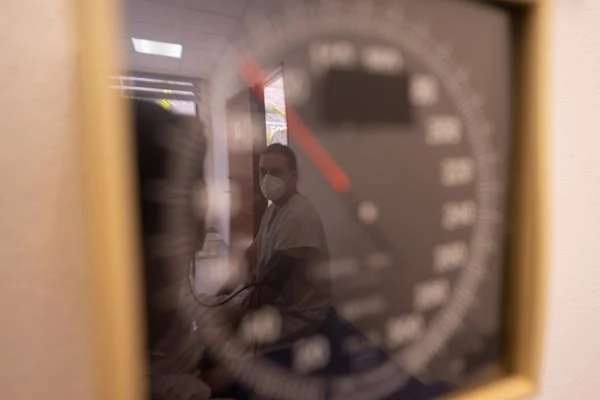Monitoring your blood pressure is a crucial aspect of maintaining heart health. High blood pressure, or hypertension, often goes unnoticed as it typically presents no symptoms. However, it can lead to serious health complications such as heart disease, stroke, and kidney failure. Understanding how to monitor your blood pressure effectively and recognizing its importance can empower you to take proactive steps towards a healthier heart.
What is Blood Pressure?
Blood pressure is the force exerted by circulating blood against the walls of the body’s arteries. It is measured in millimeters of mercury (mm Hg) and expressed with two numbers:
- Systolic Pressure: The first (top) number, which measures the pressure in your arteries when your heart beats.
- Diastolic Pressure: The second (bottom) number, which measures the pressure in your arteries when your heart rests between beats.
Normal blood pressure is generally considered to be around 120/80 mm Hg. Readings above this range may indicate hypertension, which can be categorized as:
- Elevated: 120-129 systolic and less than 80 diastolic.
- Hypertension Stage 1: 130-139 systolic or 80-89 diastolic.
- Hypertension Stage 2: 140 or higher systolic or 90 or higher diastolic.
Why Monitoring Blood Pressure is Important
- Early Detection of Hypertension: Regular monitoring helps in the early detection of high blood pressure, allowing for timely intervention. This can prevent the progression of hypertension and reduce the risk of associated complications.
- Tracking Treatment Efficacy: For those already diagnosed with hypertension, monitoring blood pressure helps track the effectiveness of prescribed treatments or lifestyle changes, ensuring that blood pressure remains within a safe range.
- Preventing Complications: Uncontrolled hypertension can lead to serious health issues, including heart attack, stroke, heart failure, and kidney disease. Monitoring blood pressure allows individuals to take preventive measures to mitigate these risks.
- Promoting Awareness: Keeping track of blood pressure can help raise awareness about heart health and encourage individuals to adopt healthier lifestyle choices, such as improved diet, regular exercise, and stress management.
How to Monitor Your Blood Pressure
Monitoring blood pressure can be done at home or in a healthcare setting. Here’s how to do it effectively:
1. Choose the Right Equipment
- Digital Blood Pressure Monitors: These are user-friendly and provide quick readings. Ensure that the device is validated for accuracy.
- Manual Blood Pressure Cuffs: While these can be more accurate when used by trained personnel, they require proper technique.
2. Follow Proper Technique
- Prepare for the Measurement:
- Avoid caffeine, smoking, or vigorous exercise for at least 30 minutes before taking a reading.
- Rest for at least 5 minutes before measuring.
- Position Yourself Correctly:
- Sit in a comfortable chair with your back supported and feet flat on the floor.
- Place your arm at heart level, resting on a table or a similar surface.
- Take the Measurement:
- For automatic monitors, simply follow the instructions provided with the device.
- For manual monitors, inflate the cuff while listening for the pulse with a stethoscope.
3. Record Your Readings
Keep a log of your blood pressure readings, noting the date, time, and any relevant factors (like stress or physical activity). This record will be valuable for discussions with healthcare providers.
4. Know When to Seek Help
If you consistently measure blood pressure readings above 130/80 mm Hg, or if you experience symptoms such as headaches, dizziness, or chest pain, consult a healthcare professional promptly.
Lifestyle Tips for Maintaining Healthy Blood Pressure
In addition to regular monitoring, lifestyle changes can significantly impact blood pressure levels:
- Eat a Heart-Healthy Diet: Focus on whole foods rich in fruits, vegetables, whole grains, and lean proteins while reducing salt and saturated fats.
- Stay Active: Aim for at least 150 minutes of moderate aerobic exercise each week.
- Manage Stress: Practice relaxation techniques such as deep breathing, meditation, or yoga.
- Limit Alcohol and Quit Smoking: Both can elevate blood pressure; moderation is key.
Conclusion
Monitoring your blood pressure is a simple yet effective way to maintain heart health. By understanding your numbers and their implications, you can take charge of your cardiovascular well-being. Make blood pressure monitoring a regular part of your health routine, and don’t hesitate to reach out to healthcare providers for guidance and support. Your heart will thank you!

